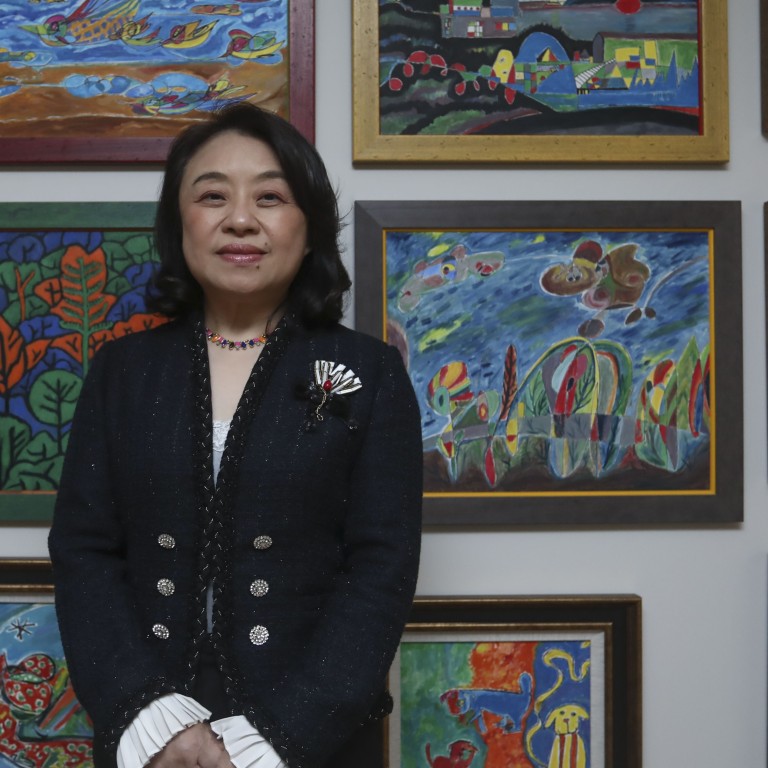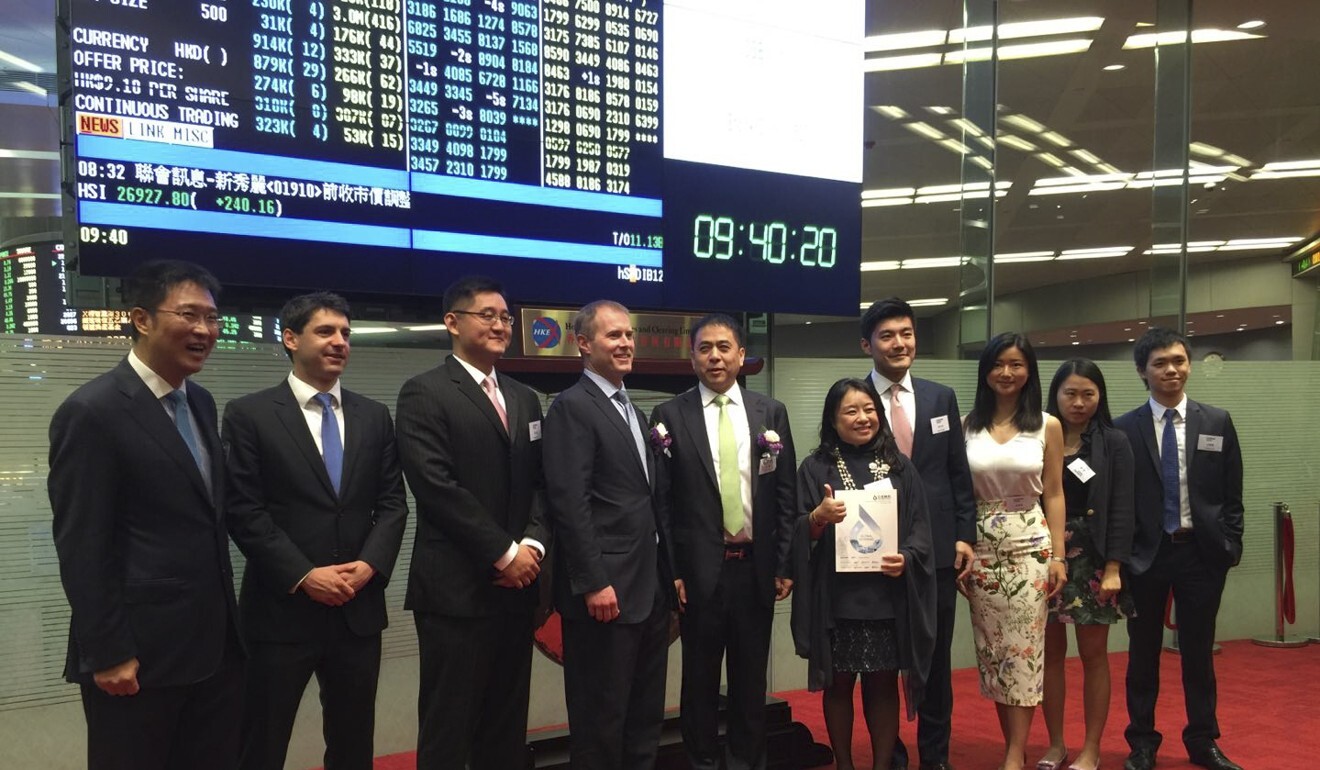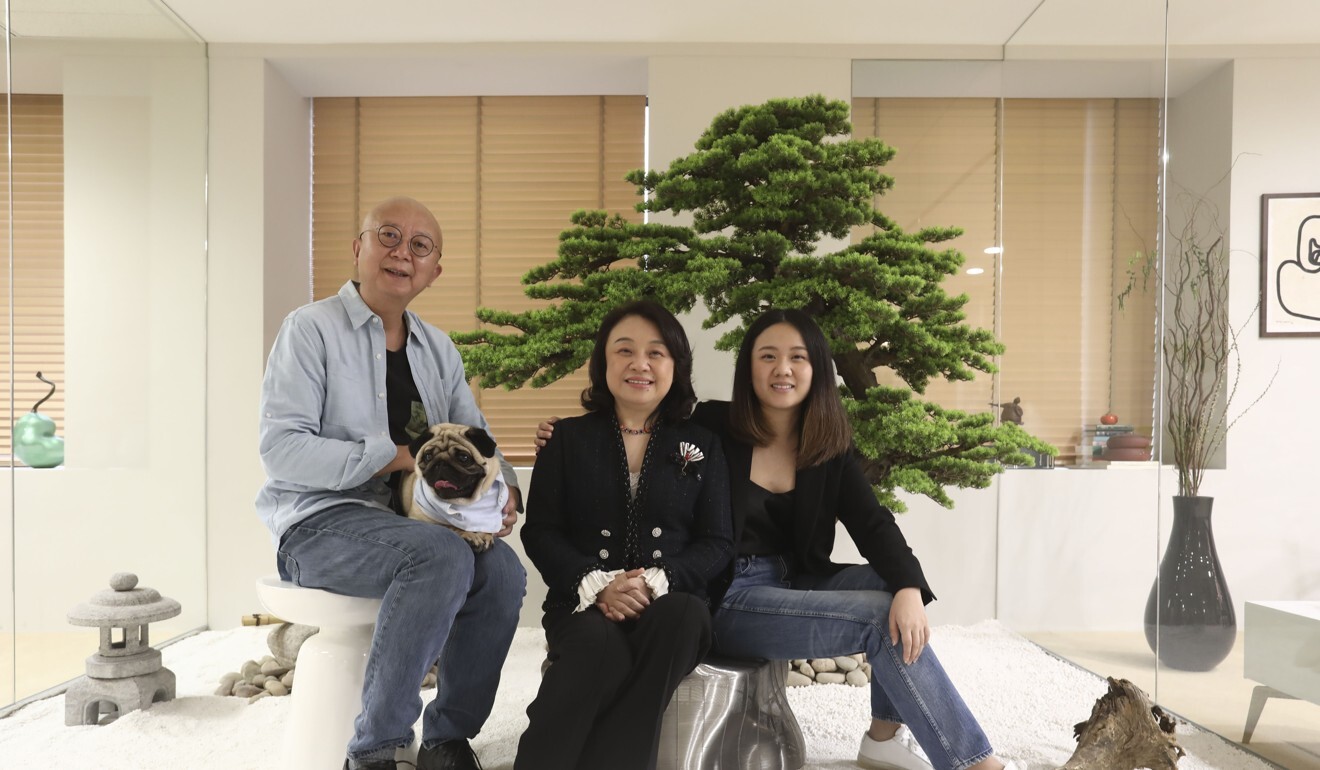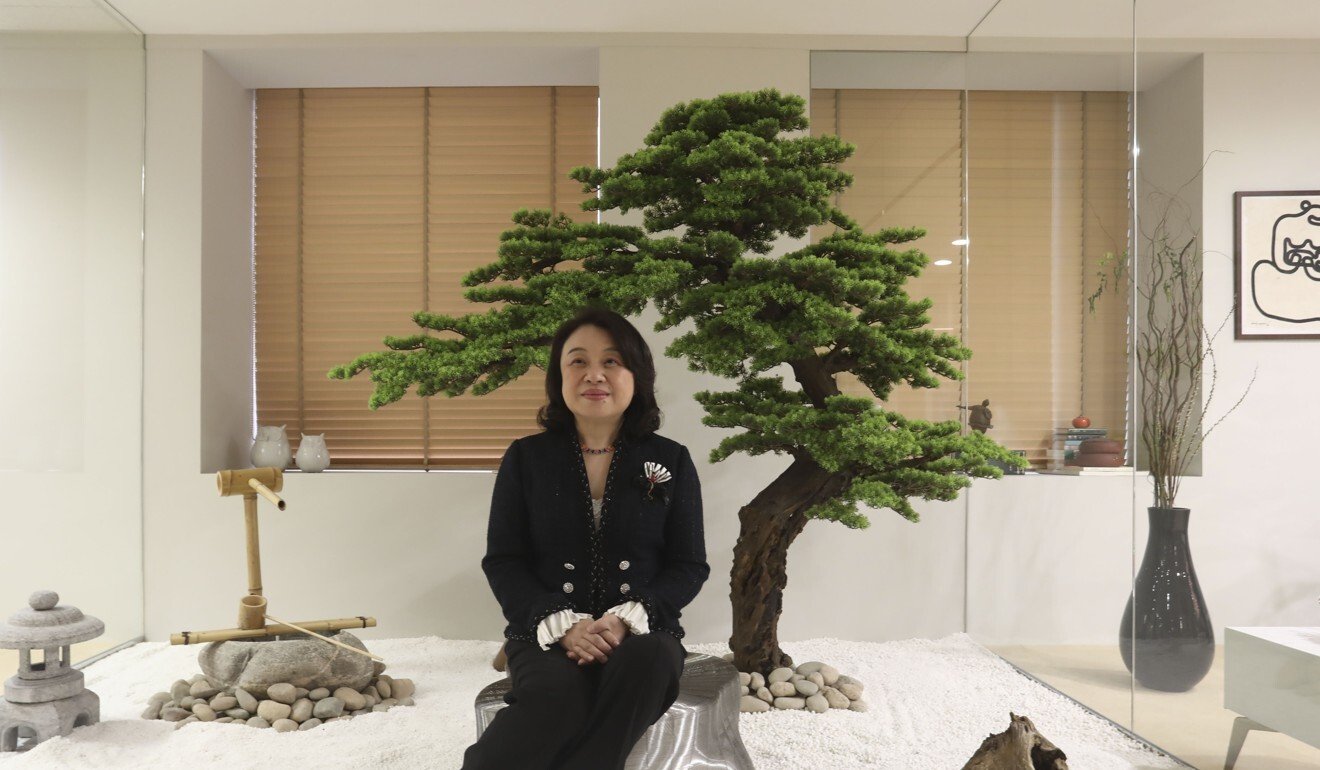
Colon cancer scare the spark for ex-banker’s health care venture capital fund
- Simone Song prioritised work over health, until a colonoscopy six years ago. A biopsy revealed no cancer, but she resolved to help others with the disease
- She founded a venture capital fund focused on innovative cancer treatments, dementia, and chronic conditions arising from heart disease and diabetes
Simone Song Hong-fang was 26 when she first had polyps removed from her colon and learned she would have to undergo a regular colonoscopy – an exam to detect changes or abnormalities in the large intestine and rectum. She had a family history of colon cancer; her grandfather had died of the disease.
“Sometimes after a colonoscopy one, two or three polyps were discovered, so it was important for me to continue with this regime,” says the 56-year-old Hongkonger.
While Song understood the necessity of the invasive exams, as her investment banking career took off she sometimes skipped screening for a few years. “Work was the centre of my life,” she says matter-of-factly.
While at Goldman Sachs as a managing director responsible for investment banking and activities in Asia, she would fly overseas and return home the same week – and almost every week. “That’s how banking ladies were trained to be: we were iron ladies,” she says, explaining how her body adjusted to long hours and extensive travel.

Then, in 2015, she got the scare of her life.
After her work getting Chinese biotech company 3SBio listed on the Hong Kong exchange in a successful market debut of around US$750 million, Song took the time to have an overdue colonoscopy.
Once you reach a certain age, don’t skip your checks
“The doctor told me: ‘We found some polyps but also something that could be a tumour,’” she recalls. Even if the mass the scan found was benign, Song was told there was a one in three chance that it could become cancerous, so she should have it removed.
After seeking several doctors’ opinions, Song agreed to the operation to have “peace of mind”. A 15cm length of her intestines was removed. Her family, including her three children, were fearful the mass was malignant and wondered whether she would recover.
“When I woke up from surgery, the first thing I saw were two pairs of eyes (her daughters’) staring at me, filled with fear,” she said.

When she learned she did not have cancer, she immediately resigned from the company for which she had worked for the past six years.
“Once you reach a certain age, don’t skip your checks,” she said. “I had no symptoms [prior to this health scare].” Song’s most recent colonoscopy was last year.
Four simple and effective ways to reduce colorectal cancer risk
Colorectal cancer is the most common type of cancer to afflict Hongkongers. Each year, around 6,000 people in the city learn they have it and over 2,000 die of the disease.
To reduce the likelihood of having colon cancer, regular screenings are advised. The American Cancer Society recommends starting routine colorectal cancer screening at age 45. It suggests those with an increased risk, such as a family history of colon cancer or chronic conditions such as inflammatory bowel disease, should start screening earlier and get screened more often. Talk to your doctor about what screenings they recommend based on your personal or family history.
Song is now the founder and senior partner of Hong Kong-based health care fund ORI Capital, for which she raised US$200 million from her contacts. Its focus is in three areas: innovations in cancer treatment; chronic conditions caused by metabolic disorders such as diabetes and heart disease, and; neurodegenerative disorders such as dementia.
There’s a general awareness now of what a small virus can do; people have learned that it’s probably a good idea to support people trying to save lives
One of the companies ORI Capital initially invested in is California-based CG Oncology, a clinical-stage biopharmaceutical company which is developing a new, virus-based therapy to treat advanced bladder cancer patients with a form of the disease that leaves them no treatment options other than a resection of the bladder.
“Our goal is to prevent the progression of the tumour as well as preserving their bladder, as these patients are typically around 70 years old and do not want their whole bladder removed,” says CG Oncology’s chief executive, Arthur Kuan.
In its phase two trial study involving 65 patients with this disease, participants received the new therapy directly into the bladder in two courses (each course administered once a week for six weeks) plus maintenance courses. The results, published in the Urologic Oncology journal in 2018, showed an efficacy rate of 29 per cent at 12 months after the first treatment, meaning around a third of patients in that time period experienced a complete clearance of any visible tumour.
Ageing Hong Kong’s grim cancer numbers expected to rise further
Side effects in participants were short-term, low-grade urinary tract symptoms, and there were no serious adverse affects related to the drug.
Kuan adds that there is an on-off switch on the virus DNA so it only turns on within tumour cells, and not healthy cells, making the therapy “very safe”, as it’s highly selective in killing bladder tumour cells.

Once inside a tumour cell, the DNA activates so that the virus replicates within the tumour cell. “As [the] virus production rate is faster than cancer cell replication, newly made virus would burst out of the cancer cell, killing it,” explains Kuan.
It also induces an immune response in which the immune system’s T-cells (a type of white blood cell) circulate back and target and annihilate cancer cells that weren’t killed by the virus.
A phase three study is under way involving 110 patients as the company seeks to achieve US Food and Drug Administration approval.
Cancer screening firm New Horizon to leverage AstraZeneca’s marketing muscle in China push
Song is now raising money (US$400 million) for her company’s second fund, as the first fund has been fully invested, with around 80 per cent already paid back to its investors after successful bets on several biotech companies.
According to Song the pandemic made the health care space a “moneymaking machine now” as investors see the big wealth impact from successful biotech companies.
“There’s a general awareness now of what a small virus can do; people have learned that it’s probably a good idea to support people trying to save lives from diseases,” she said.

